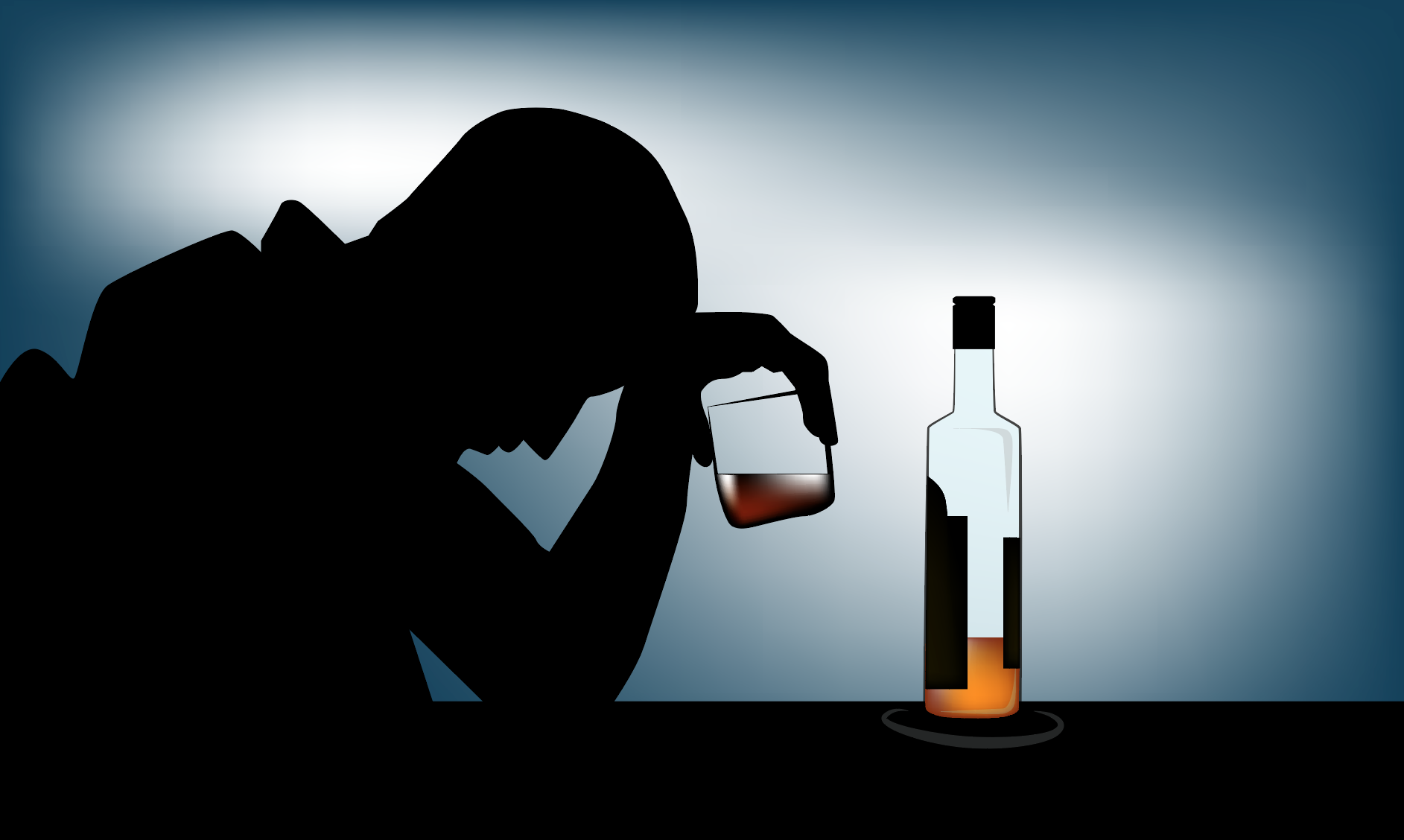THE COST OF STRESS MANAGEMENT USING ALCOHOL

THE COST OF STRESS MANAGEMENT USING ALCOHOL
by Bradley Bemis, Mental Health and Addictions Counselor, Retired Cybersecurity Professional (3 Dec 2023)
Cybersecurity is a high stress job – and cybersecurity professionals need healthy coping strategies to manage their stress. But what happens when we adopt unhealthy coping strategies instead?
It’s not uncommon for cybersecurity professionals to use alcohol to help them relax and manage their stress after a long hard day. It’s socially acceptable and seen as helpful by many. However, long term studies have shown that even small amounts of alcohol can impact the brain and body in negative ways – reducing congitive functioning and damaging organs over time. Even moderate drinking, meaning 1 to 2 drinks per day, can lead to negative psychophysiological outcomes.
Taking things a step further, pattens of problem drinking may also arise. Problem drinking is usually defined as more than 2 drinks per day/14 drinks per week or 5 drinks in a two hour period for men; or more than 1 drink per day/7 drinks per week or 4 drinks in a two hour period for women. ‘One drink’ is roughly defined as 14 grams of pure alcohol, which is found in 12 ounces of regular beer (usually about 5% alcohol), 5 ounces of wine (about 12% alcohol), or 1.5 ounces of distilled spirits (at around 40% alcohol).
Chronic and excessive use of alcohol also begins to change the neuronal firing patterns in the brain, changes brain chemistry, and alters the physical structure of the brain. It fundamentally rewires the brain’s intrinsic rewards system – becoming the brains preferred answer to all perceived problems. At this point, alcohol use has moved from misuse to abuse, which can further itself even more into dependency and addiction. Functional studies of the brain clearly demonstrate that, when this occurs, the individual has largely lost the capacity to control their drinking – and has been consumed by their relationship with alcohol.
The other common challenge associated with problem drinking is the strong likelihood of denial, defensiveness, and dismissal regarding any suggestion that alcohol consumption may have become a problem. In fact, of the nearly 10% of the population struggling with alcohol use, less than 10% of them actually seek treatment. And that’s why I’m sharing these details with you! Every day, 385 Americans die as a result of excessive alcohol use. 83.9% of these deaths involve adults aged 35 or older. Alcohol causes 10% of deaths among 15- to 49-year-olds. Worldwide, up to 3 million people die every year as a result of alcohol abuse. If we have a problem and we deny that problem, the cost of that denial is measured in lives. Not just those who die of alcohol misuse, but the millions of loved ones who are left behind – in pain and heartbreak – to struggle with the consequences of our actions.
While all of this information is widely available, and can sound quite convincing, it’s still not enough to evoke change! Most people who misuse alcohol are well aware of their problematic patterns, feel helpless in their efforts to stop, and experience deep shame and self-blame as a result – further adding to the weight of the disease. This is why professional help is needed! If any of this feels familiar to you, or you are concerned about your own drinking habits and associated behaviors, it may be time to confront what’s happening and get the help you need. You don’t have to do it alone – in fact, those who try to solo through are far less likely to succeed!
So, my cybersecurity friends – we stressed out, under-appreciated, and often unsupported few, how are you currently coping? And if alcohol figures into the answer – maybe there’s a better answer out there for you.
Be well and take care,
~B
ABOUT: Bradley Bemis is a Primary Therapist at Redrock Recovery Center and a Counseling Fellow at Revival Therapy Services, holding licenses as a Professional Counselor Candidate and Addictions Counselor Candidate (registered in Colorado) – along with certifications in trauma-informed care, anxiety-informed care, and life coaching. He’s been working with clients, in a helping context, since 2014 – offering counseling and care services that are grounded in trauma-informed contemplative and somatic practice, ongoing advancements in modern neuroscience, and evidence-based models of psychological healing.